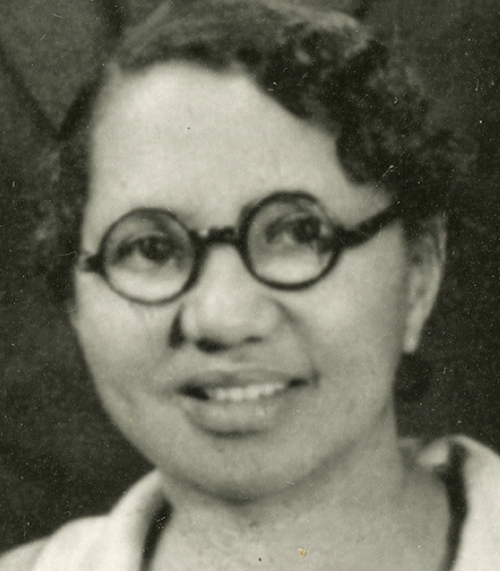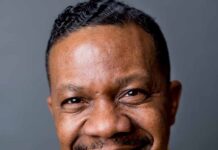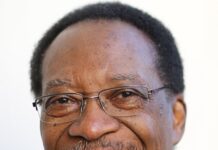
Karen Lands, an arts writer for the communications department at Indiana University in Bloomington, recently discovered a poem that was written by Carrie Parker Taylor, the first African American woman to enroll at the university.
Taylor, a native of North Carolina, was the daughter of former slaves. She was the first African American women to earn a high school diploma in Vermillion County, Indiana. She enrolled at Indiana University in 1898. Not permitted to live on campus, she cooked and cleaned for a university professor to earn her room and board. Taylor dropped out of college after one year, got married, and raised six children.
Carrie Parker Taylor’s poem, “The Negro Challenge,” was published on the front page of the Tulsa Star on October 8, 1915, more than a century ago. It is reprinted below.
The Negro’s Challenge
by Carrie Parker Taylor
You complain, my brother, my lily white brother,
Of our poor race now and then,
Yet you never have said what we should do
To prove to you that we’re men.
We’ve done everything so far that you’ve done,
Except sit in the president’s chair,
And the only reason we haven’t done that
Is because you won’t let us sit there.
In every walk of life that you’ve been,
There’s at least one of us there,
And you cannot deny but that we do
Our work just as good and as fair.
Among the more common crafts of men,
Such as carpenters, masons and painters,
We have quite a number, and plasterers, too,
And many stock raisers and planters.
We have lawyers and doctors, and bankers a few,
And teachers we have by the score,
Undertakers and merchants and manufacturers
And preachers, we have them galore.
We have sculptors, architects, artists and inventors,
And poets and statesmen of fame,
Actors, orators and authors, and goodness knows what,
For everything we do I can’t name.
We print our own papers, publish our books,
We sing and we play same as you,
And in some cases we have been known
To compose some good music, too.
In fact, I don’t know anything that you’ve done,
When you’ve given us a chance and we’ve tried,
That we haven’t done as well as you could,
And sometimes better besides.
We’ve even gone farther in some things than you,
And now we need not despair,
For, if we don’t like our heads like sheep’s wool,
Why, we can straighten our hair.
You say that at least we can’t change our skins?
Well, we’ve knocked that in a hat,
For, by the aid of your sensual men,
Many of us have even done that.
You say we have vices? We got them from you,
You’re all the pattern we’ve had,
So don’t charge the race up with the misfits you see,
Since our patterns so often were bad.
So, what more, my brother, my lily white brother,
Must we do to prove that we’re men?
If ’tis aught you can do and you’ll give us a chance
We’ll do it as good as you can.











Powerful and inspiring and too too true!
This is truly a treasure! Thank you for sharing it.
An awesome poem. Very relevant today. Although, we have had our first African American President. Wonderful piece!
Great poem! Stop looking for affirmation and belonging from another person, regardless of color! Continue to push forward and drag others kicking and screaming. We have come a long way and more roads to travel